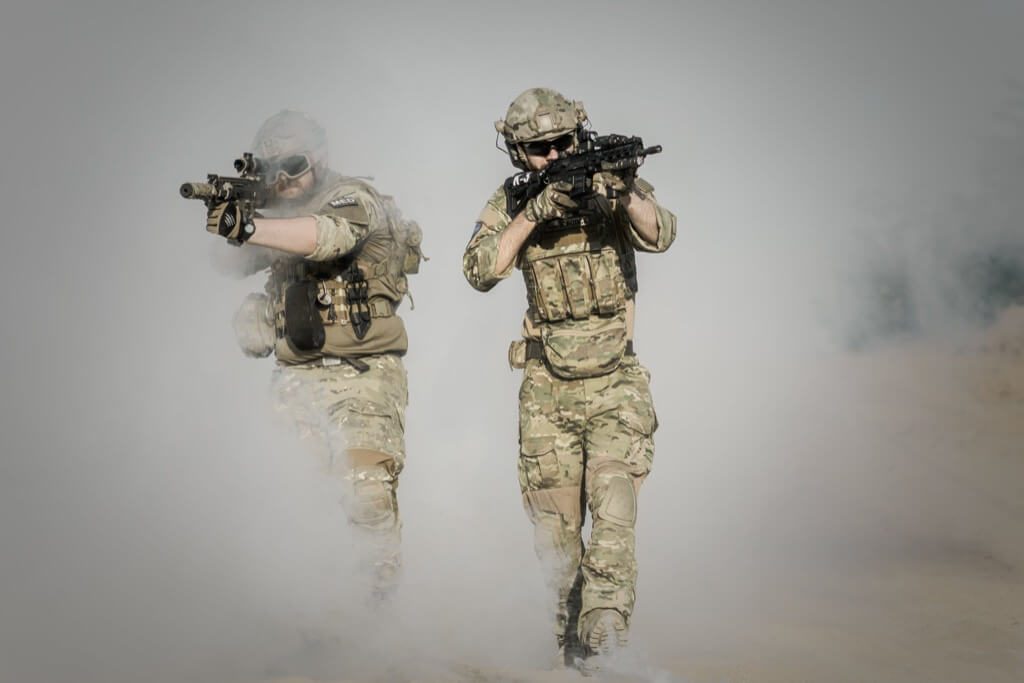The International Criminal Court (ICJ), also known as the World Court, is currently addressing a case brought by South Africa against Israel. This case involves allegations of genocide related to Israel’s military actions in Gaza. South Africa’s submission to the ICJ argues that Israel’s actions meet the criteria for genocide under the 1948 Genocide Convention. This Convention defines genocide as acts committed with the intent to destroy, in whole or in part, a national, ethnical, racial, or religious group.
The hearings at the ICJ are scheduled for January 11 and 12, 2024. During these hearings, both South Africa and Israel will have two hours to present their cases. The focus of these hearings is on the request for emergency measures or provisional measures, which are akin to a restraining order to prevent the dispute from escalating while the court examines the full case. It’s important to note that these hearings will not involve witness testimony or cross-examinations and will primarily consist of legal arguments brought by state officials and their legal teams.
The request for provisional measures is just the first step in a legal process that could take several years to complete. The ICJ’s role in this case is to determine if, at first glance, it has jurisdiction and if the acts complained of could fall within the scope of the genocide treaty. Any measures decided upon by the court at this stage would not necessarily align with those requested by the complainant.
In this case, South Africa has requested the court to order Israel to suspend its military actions in Gaza and to take reasonable measures to prevent genocide, as well as to report regularly to the ICJ about such measures. The final ruling on South Africa’s genocide allegations is likely to take several years.
Israel, on its part, has vehemently denied the accusations and has stated its intent to vigorously contest the allegations at the ICJ. Israel’s response has included highlighting its self-defense rights under international humanitarian law and disputing the casualty figures presented by Palestinian health officials. Israel’s foreign ministry has labeled the suit as “baseless” and has outlined various measures its military has taken to minimize harm to non-combatants. Furthermore, Israel asserts that Hamas bears full moral responsibility for the war, accusing the group of initiating hostilities and conducting operations from civilian areas.
The outcome of this case could have significant implications for international law and relations, regardless of the final decision. A ruling against Israel, for example, could impact the country’s international reputation and set a legal precedent. However, it is crucial to remember that the ICJ’s rulings are final and without appeal, but the court itself does not have the means to enforce them.
The UN, through various organs like the ICJ, plays a critical role in providing a platform for states to resolve their conflicts peacefully. The procedures and precedents set by the UN and its judicial bodies significantly influence international relations and law. The effective functioning of these bodies is crucial in maintaining global peace and stability. Their ability to handle complex cases, like the one between South Africa and Israel, demonstrates the UN’s ongoing relevance in international diplomacy and legal processes.
Impact of International Court Decisions on Domestic Politics
International court decisions, such as those made by the ICJ, can have significant repercussions on the domestic politics of involved nations. For instance, a ruling against Israel by the ICJ could influence its internal political dynamics, potentially leading to policy shifts or changes in public opinion. Similarly, South Africa’s decision to initiate proceedings may reflect its domestic political agenda and could impact its national identity and foreign policy. These cases often become a matter of national pride or criticism, influencing electoral politics, policy-making, and public discourse within the countries involved.
Genocide Convention and Its Global Enforcement
The Genocide Convention, warrants a deeper exploration of its global enforcement. Understanding how this Convention is implemented and enforced by the international community is crucial. Despite being a powerful tool in preventing and punishing acts of genocide, the Convention’s effectiveness often hinges on the political will of member states and international bodies. The challenges in its enforcement, including issues of sovereignty, political interests, and the complexity of proving ‘intent’ to commit genocide, reveal the intricacies involved in international law and human rights protection.
Humanitarian Implications of the Gaza Conflict
There’s a need to consider the humanitarian implications of the Gaza conflict. This includes examining the impact on civilian populations, the conditions of living under conflict, and the role of international aid and human rights organizations. Understanding the human cost of such conflicts is vital in assessing the broader implications of the ICJ’s decisions. The humanitarian perspective also highlights the need for comprehensive solutions that address not only legal but also social, economic, and political dimensions of such long-standing conflicts.
As the International Court of Justice prepares to hear the high-stakes legal case between South Africa and Israel, the international community watches with bated breath. The proceedings, set to unfold in the venerable chambers of the ICJ, represent more than just a bilateral dispute; they symbolize the complexities of international law and its intersection with global politics. The case’s outcome, while uncertain, promises to have far-reaching implications not just for the parties involved, but for the international legal system as a whole.




